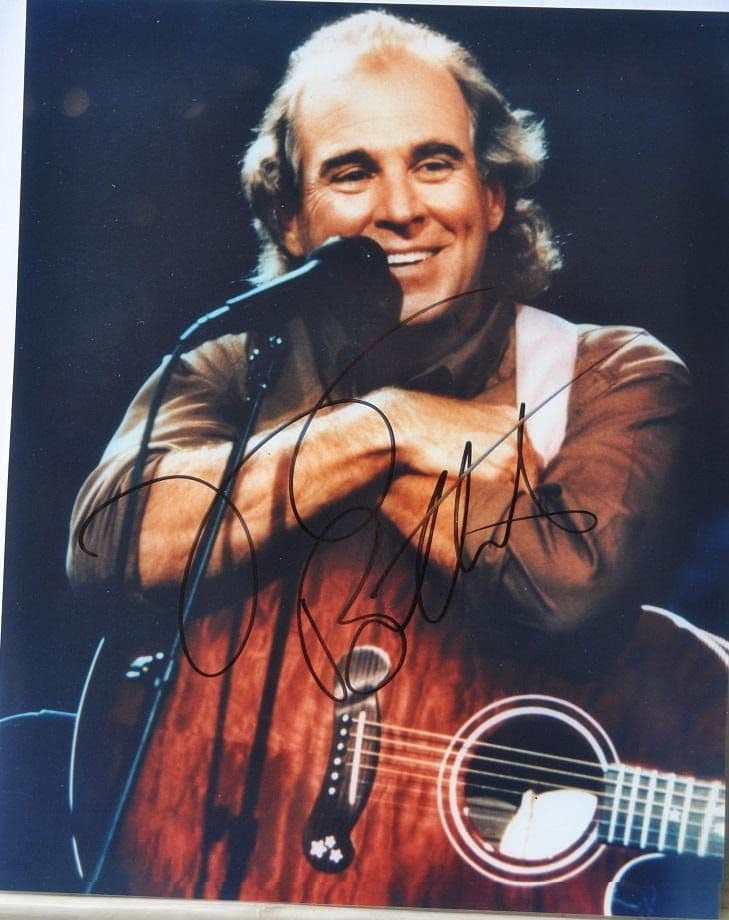
A Simple, Sun-Drenched Escape from Life’s Grumbles
“Wastin’ away again in Margaritaville…” It’s a phrase that instantly conjures images of white sand, turquoise water, and a certain kind of gentle, self-inflicted melancholy. This is the enduring power of Jimmy Buffett’s 1977 masterpiece, “Margaritaville,” the seminal track from his breakthrough album, Changes in Latitudes, Changes in Attitudes. Released in January of that year, the song became more than just a hit; it crystallized an entire philosophy of life.
While contemporary readers might not recall the precise chart metrics, the significance of “Margaritaville” in the American consciousness is undeniable. Though its peak position—number 8 on the Billboard Hot 100—might seem modest compared to today’s streaming giants, its longevity and cultural penetration are what truly matter. It was a slow burn, an unexpected escape route that resonated deeply with a generation weary of the hustle. It landed at 234th on the Recording Industry Association of America’s “Songs of the Century,” a testament not to a momentary flash of fame, but to its lasting impact as a soundtrack to the American dream of coastal relaxation.
The story behind the song is fittingly laid-back. The legend goes that Buffett began writing the song after a rough day in Key West, Florida—a day that involved a lost flip-flop, stepping on a beer can, and the ultimate cocktail catastrophe: not being able to find the salt for his margarita. He claims to have finished most of the lyrics in about six minutes, though a final piece—the reflective lines that complete the picture—was reportedly added while he was stuck in a traffic jam on the Seven Mile Bridge. This fusion of genuine frustration and eventual, easygoing surrender perfectly encapsulates the song’s meaning.
At its core, “Margaritaville” is an ode to escapism and the simple pleasures that can mend a broken heart—or at least distract it. It follows the narrative of a seemingly laid-back fellow recovering from a relationship that’s “all my fault.” He’s in a perpetual state of sun-soaked inebriation, attempting to numb the emotional pain, yet constantly reminded of his failure (“Some people claim that there’s a woman to blame / But I know, it’s my own damn fault”). The lyric, “Searchin’ for my lost shaker of salt,” has become a universally understood euphemism for the frustrating, trivial hurdles in the pursuit of perfect leisure. The song suggests that the best way to deal with life’s small pains and big mistakes is to simply change your latitude, grab a boat drink, and let the ocean breeze sort out the rest.
For those of us who came of age in the 70s and 80s, the song was a permission slip. It gave a name—“Margaritaville”—to that place in our minds where the stress of work, taxes, and daily grind simply melted away. It wasn’t just music; it was a blueprint for a life where you could trade in a briefcase for a Hawaiian shirt and a sense of humor about life’s inevitable setbacks. Jimmy Buffett created a world, a state of mind, that his devoted fanbase—the “Parrotheads”—embraced as a permanent vacation. His genius wasn’t just in the tune, but in crafting an entire lifestyle brand around a single, perfectly imperfect cocktail and the philosophy it represented, a phenomenon that grew from a three-minute song into a billion-dollar empire of resorts, restaurants, and endless boat drinks.